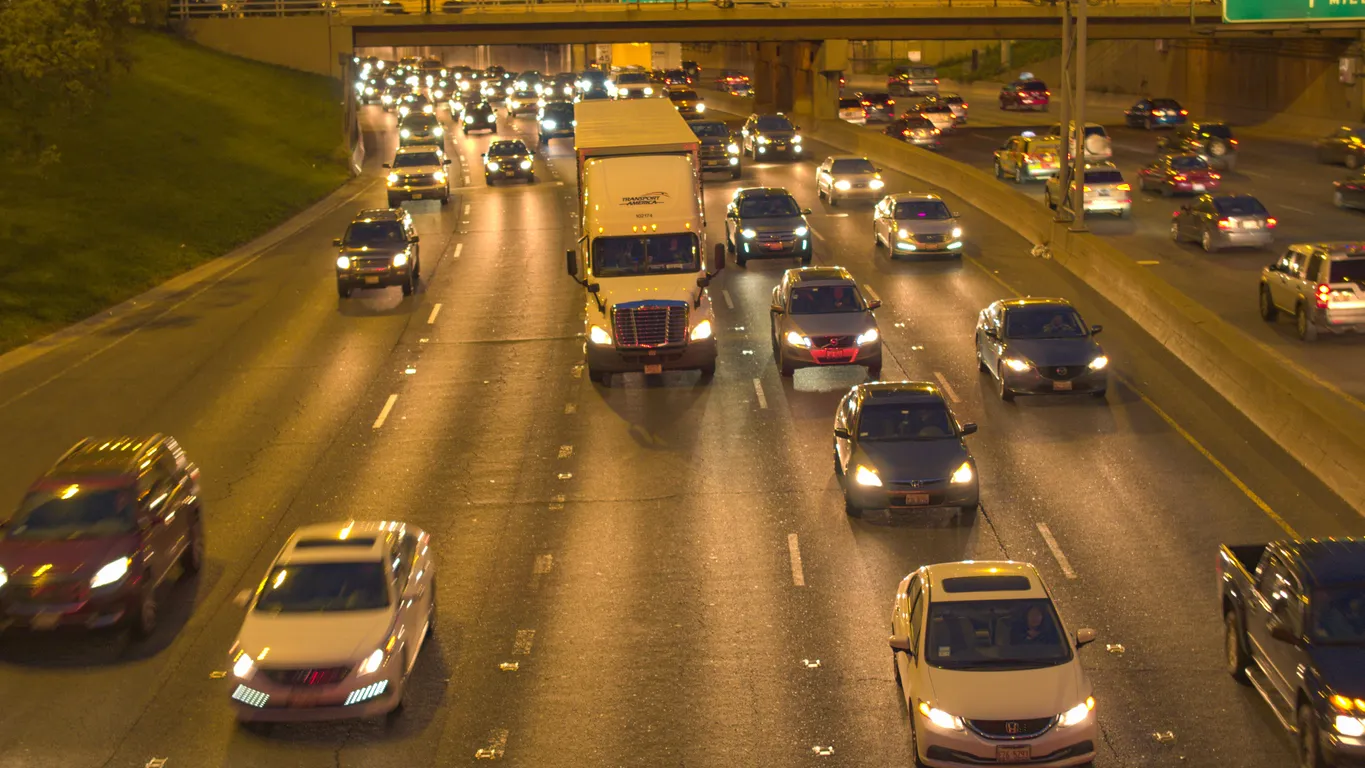Negligence vs. recklessness: What’s the difference?
Personal Injury - November 22, 2023
When someone has been injured in an accident, they have the legal right to be compensated for their physical injuries and property damage. A Chicago personal injury attorney can help you determine if the liable party acted with reckless or negligent actions and help prove that your damages were incurred due to those actions. Horwitz, Horwitz & Associates has knowledgeable attorneys who are prepared to fight for your case, ensuring your rights are protected.
Recklessness vs. negligence – unreasonable behaviors
When discussing Illinois personal injury lawsuits, a legal concept often referred to by attorneys is that the behavior of the alleged party was unreasonable under the given circumstances, creating injuries to other parties. Negligence and recklessness are two terms often used in conjunction with these unreasonable behaviors. From a legal standpoint, these terms have similarities and are often used interchangeably. They are, however, two distinct and wrongful behaviors.
What is negligent behavior?
Car accident lawsuits are commonly based on the negligent liability of the accused driver. Negligence occurs when a person fails to take reasonable and proper care, which leads to another person being injured. Even if a person were unaware of the risk involved with their actions but still should have known that certain risks were possible, their acts would be considered negligent.
Proving negligence
A plaintiff must prove that the defendant owed them a duty of care and that that duty of care was breached for the elements of negligence to be met. Additionally, it must be proved that this breach of duty occurred when the defendant acted in a way that they should have known could cause harm to the plaintiff. Lastly, there must be proof that this act harmed the plaintiff, causing damages.
What is reckless behavior?
Reckless behavior is considered much more serious than negligent behavior. Recklessness refers to a person’s state of mind, where they deliberately chose to act consciously by disregarding all possible risks of the actions they took. This means they understood the risk involved but still chose to act in that manner. An example of recklessness or aggressive driving would be driving 100 miles per hour on the highway when the posted speed limit is 65.
Proving recklessness
A plaintiff must prove that the defendant knew their reckless actions would cause unreasonable harm to those around them and that they disregarded this risk and acted anyway. Proof that this reckless behavior caused harm must also be proven. Recklessness means the defendant did know better and continued regardless of having this knowledge, not that they should have known better.
What is the difference between negligence and recklessness?
Legally, when discussing negligent driving vs reckless driving, the primary difference is the level of liability held by the responsible party. There is a lower level of responsibility when the action is due to negligence. When someone acts recklessly, they hold a higher level of liability.
The outcome may not change based on recklessness vs negligence regarding the economic or non-economic damages sought out by a plaintiff. However, when seeking punitive damages, the case could be stronger if recklessness on behalf of the defendant is proved.
Your Chicago personal injury attorney will look at the details of the accident, police report, and accident scene evidence to determine the negligent vs reckless liability of the responsible party. It is important to understand the difference between negligence and recklessness, as it will affect the amount of compensation they can receive.
Contact Horwitz, Horwitz & Associates today
If you have been the victim of an accident due to someone’s negligent or reckless actions, our dedicated attorneys are here to help protect your legal rights and get you the compensation you deserve. Contact Horwitz, Horwitz & Associates today at (800) 985-1819 or our quick contact form for a free case evaluation.



